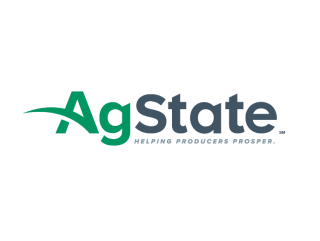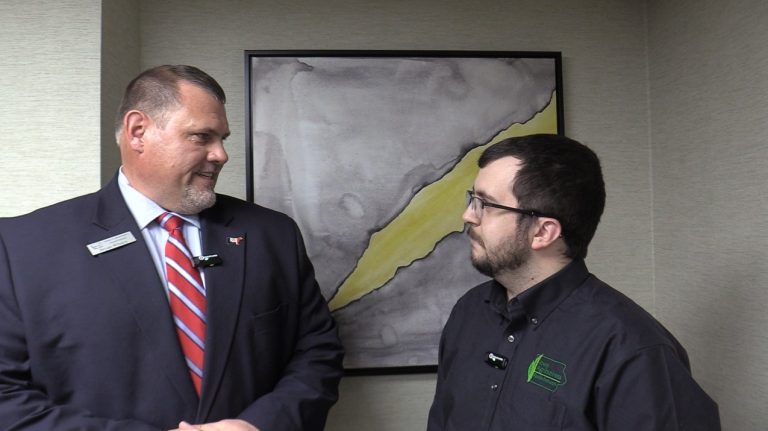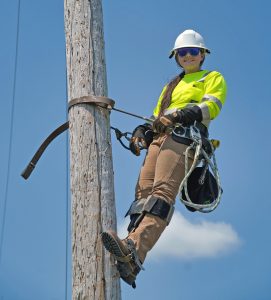(IARN) — Crop specialists anticipate heavy disease pressure this year. A technical field manager says biofungicide inoculants could aid crop growth, all while helping ward off potential diseases.
“Two-thousand-nineteen was a crazy year,” shares Justin Clark, BASF technical field manager. One which looks to cause a domino effect when it comes to disease pressure.
“(We’re) thinking about key seed and seedling diseases out there. Those wet, saturated soils that were out there in 2019 can harbor things like pythium and phytophthora,” Clark said.
“It’s important to use an inoculant to get as much rhizobia bacteria out there as possible, so those soybeans can fix more nitrogen, create more nodules, and increase yield potential on those acres,” Clark said. “Growers can use a seed treatment that has a fungicide or our Vault HP plus Integral inoculant that has a biological fungicide included in it for extra protection for key seedling disease like Rhizoctonia, Fusarium, and Pythium.”
Over 300 head-to-head comparisons across the Midwest indicate a two bushel yield response over no inoculant, according to Clark.
“Soybeans produce 60-percent of their nitrogen through that relationship with rhizobia bacteria. We need to make sure there is a lot of fresh rhizobia there, so the soybean can create nitrogen, which will increase the yield potential. It’s also important to have that biofungicide on at time of application to get that extra level of disease protection, above what traditional seed treatments will do,” Clark said.
Story courtesy of the Iowa Agribusiness Radio Network.











